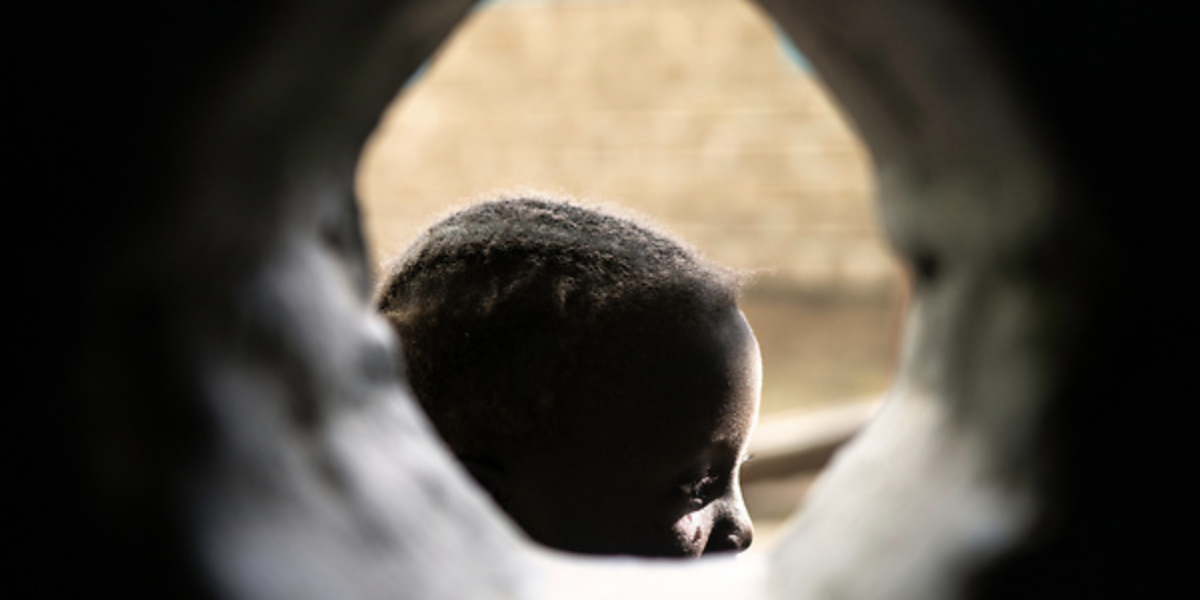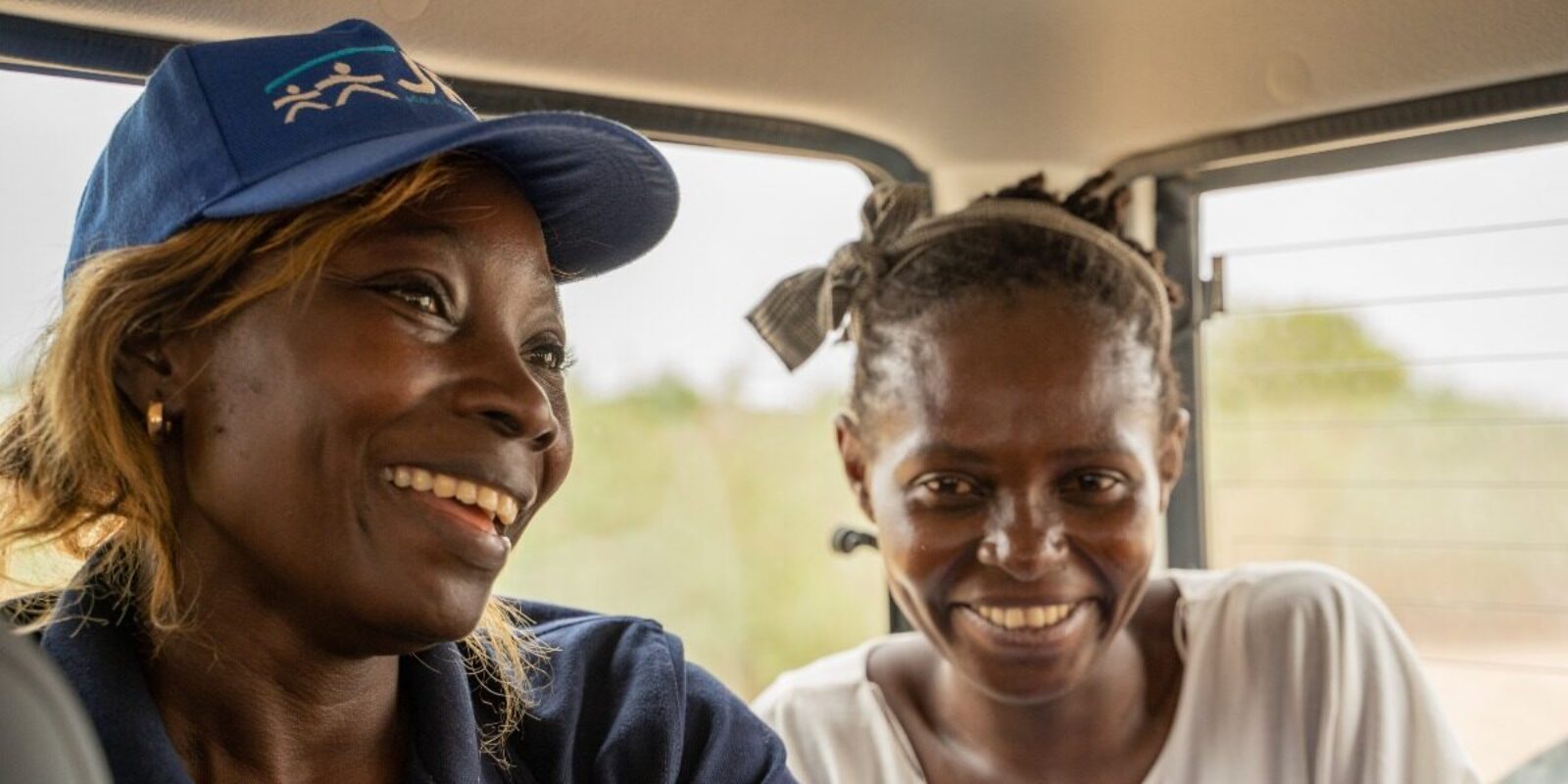JRS/USA Recognizes World Mental Health Day
10 October 2020

This World Mental Health Day, JRS/USA supports investment in mental health while recognizing and working with the unique challenges some displaced people face.
As JRS works with forcibly displaced people, we support the World Federation for Mental health calling for more investment in mental health. One of JRS’s core priorities is providing and building Mental Health and Psychosocial Support (MHPSS) programs for displaced peoples. MHPSS programs strengthen communities, foster resilience, and make mental health services more accessible for marginalized communities. Those who have had no choice but to flee their homes face distinctive external factors that affect their mental well-being.
We checked in with Katie Mullins, JRS Psychosocial Support Specialist about the specific mental health conditions some displaced people may face and how COVID-19 has influenced them.
1.) What are some of the unique mental health challenges some forcibly displaced people face?
Forcibly displaced people often experience multiple stressful and adverse events, in addition to the displacement itself. These compounded experiences can create significant mental health and psychosocial problems. While most people can recover from distressing experiences over time if able to meet their basic needs, people experiencing displacement are often stuck in precarious living situations with limited resources, where these needs may be hard to address.
To respond to this, we advocate for ensuring that displaced populations are able to access their basic needs, especially the most vulnerable, in a way that promotes dignity and self-empowerment. People affected by displacement are also disconnected from family, loved ones, community, and other social supports that are essential for surviving and thriving. This disconnection creates a lack of social support that can lead to feelings of isolation, hopelessness, and increased vulnerability and risk. Psychosocial supports include reconnecting, strengthening, or establishing new community-based support systems.
A smaller group of displaced people will also develop mental health and psychosocial problems that need more formal supports, for example feeling sad or anxious in a way that it starts to affect people’s daily lives, or they may be exposed to gender-based violence. For people experiencing these difficulties, we can provide group or one-on-one support sessions with someone who is trained to listen and support. Lastly, some displaced people will already have pre-existing mental health conditions and no longer have access to the care they had at home, or may develop a mental health condition while being displaced. While most settings of displacement have limited mental health resources, people with mental health conditions must be connected to specialized mental health care for therapeutic or health-based interventions to help them cope.
2.) How has COVID-19 affected some of the mental health needs of refugees, asylum seekers, and IDPs?
The mental health of refugees, asylum seekers, and IDPs, like anyone else, is increasingly vulnerable as a result of Covid-19. The people we support rely heavily on face-to-face communication from our service providers, and on social and community connection to cope with daily challenges. However, during Covid-19, these in-person services and supports were stopped abruptly, or drastically altered to decrease the risk of spreading Covid-19. Many people experienced greater isolation and people with vulnerabilities had greater difficulty accessing care. Protection risks such as child abuse, neglect, and gender-based violence increased as a result. While mental health and psychosocial problems rose, there were fewer services and supports to respond to them. These challenges continue to exist and the mental health and psychosocial needs remain high but JRS has consistently adapted, coming up with innovative ways to protect, serve, and advocate for the most vulnerable people affected by displacement with mental health and psychosocial needs.
JRS’s mental health and psychosocial support programs take a holistic approach. Some projects appear in the form of counseling for displaced people and some are incorporated into education and training programs that also support local leaders in facilitating activities related to these matters. Read more about these JRS services here.


